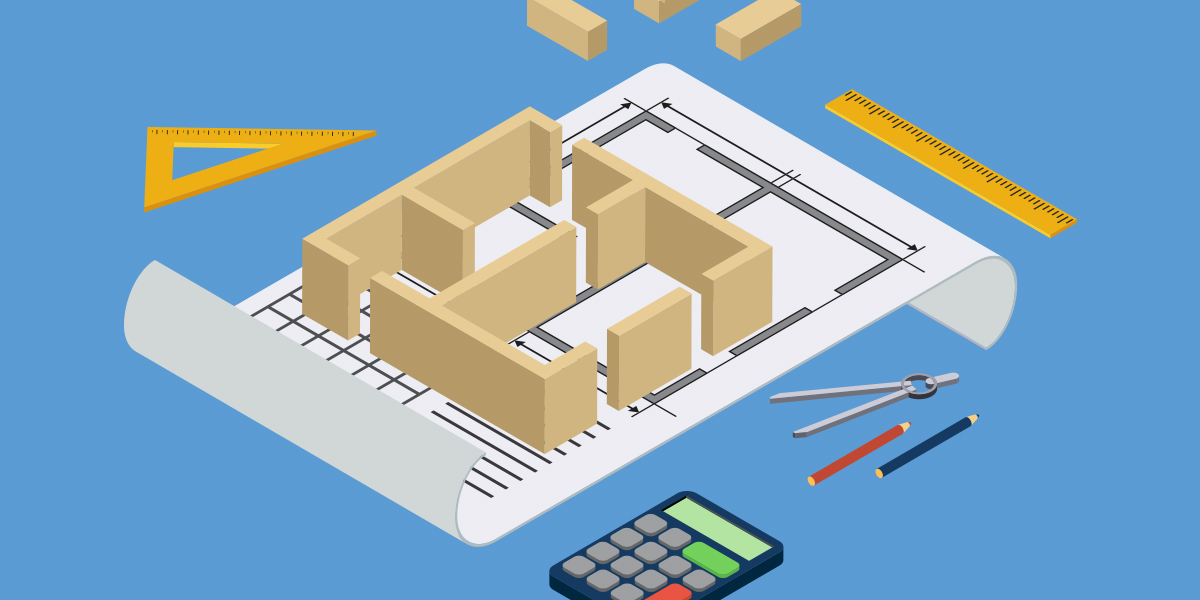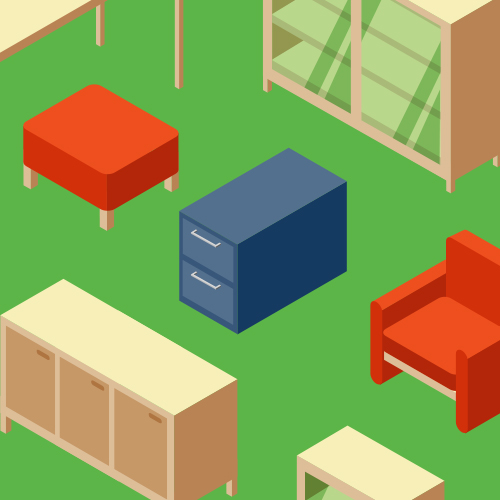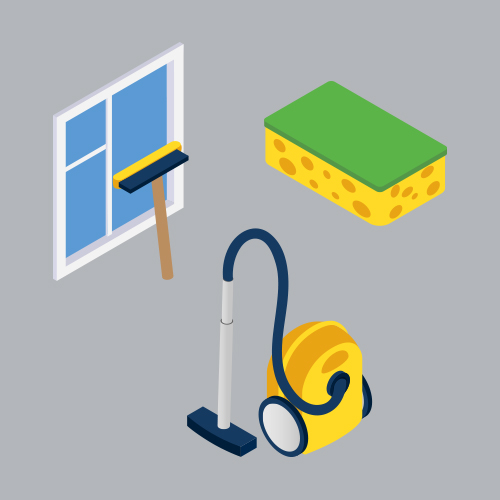How Much House Do You Really Need?
March 23, 2018

The size of houses in America have nearly doubled since the 1950s, despite the average family sizing dwindling. Compared to those midcentury homes, new homes are practically mansions: four-car garages, great rooms, guest suites, walk-in closets in every bedroom. With society telling us our home shouldn’t just be our castle – but resemble the square footage of one – it can be hard to determine exactly how much house you actually need. (Hint: it may be less than you think!) When looking into buying a new home, consider the following factors to calculate the size of how that best fits your needs.
How will you use the space?
When considering how much home you need, keep in mind your lifestyle and how you intend to use the home. A home with ample entertaining space does nothing for a couple that chooses to spend Saturday evenings together on the couch. If you plan to hold holidays at your place, and your extended family could fill a football field, a two-bedroom bungalow might not be the best choice. Think of how you’ll use the space, and how much space that will require.

Are you opposed to clutter?
One of the inherent benefits of smaller spaces is they mean less square footage to accumulate clutter. If you are eager to live minimally, the open space of a large home may tempt you to hoard more than you would prefer. More space also means you will need more things (like furniture, décor and artwork) to fill it. If this sounds exciting to you, great! If you’re wondering where the money for a new couch will come from, consider a home that looks great with what you already have.

How much do you enjoy housework?
Larger homes require more upkeep. There are more rooms to keep clean, more carpet to vacuum, more tile to mop, more ceiling fans to dust. There are also more things to require routine maintenance: more toilets, more squeaky hinges, more leaky faucets. Take an honest appraisal of how much you enjoy housework – or how much you are willing to spend to outsource routine cleaning and handyman jobs. Larger homes typically have more ornate yards, as well. The bigger the yard, the more upkeep. Do you enjoy mowing the lawn, pruning trees, shoveling snow, and tending a garden? Make sure your desire to maintain your yard is equal to the amount of work it will create for you.

How many people will live in the house?
Do you have kids, or plan on starting a family? Consider how many children you (will) have and how many rooms they will need. Do one of your parents/in-laws live with you? Will they eventually? Do you need a spare bedroom for the child who has moved out, but might need to come back at some point? When gauging how many rooms you need, start with bedrooms. It’s the easiest to define, but don’t forget to think about the future. It might just be two of you for now, but if you have bundles of joy on the way or if Mom and Pop may eventually need to live with you, it’s best to plan for that possibility today.

What is your monthly budget?
Bigger houses mean higher utility bills. Consider how much it will cost to air condition or warm those extra rooms. Would you rather spend less on bills and more on experiences, like movie tickets, dinners, concerts or dates? Would you rather invest your money in your vehicles or personal hobbies? Do you have enough to pay for it now, but your upcoming retirement income simply won’t support it? Be truly honest with how you want to spend your money and budget accordingly.
When looking to buy a new home, don’t just assume bigger means better. If you’re a young couple just starting out, don’t set yourself up for financial troubles in the future by buying more house than you need. If the kids have finally flown the coop, consider downsizing to give you more time and money to travel, dedicate to hobbies or simply enjoy each other’s company. At GCD, we are proud to offer homes to fit almost any lifestyle. We are happy to help you determine just how much home you need – no more, no less – and work with you to ensure you move into the house of your dreams. To learn more about our current communities and get started on the path to homeownership, visit https://shorelineparkcity.com/.